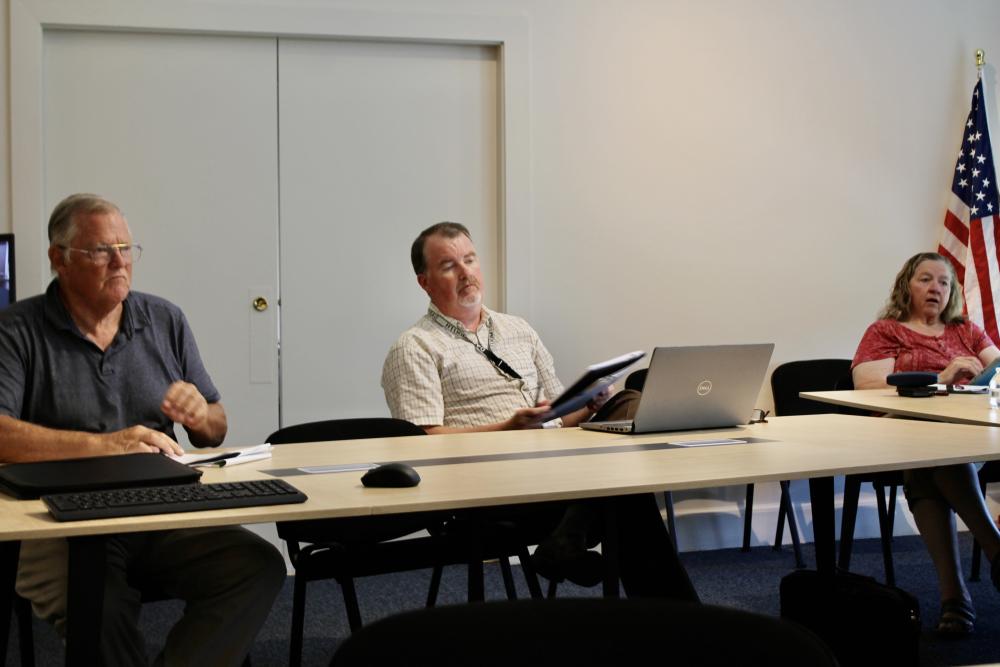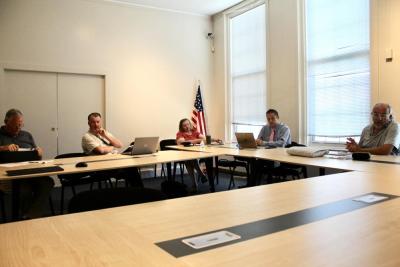‘An eye on the future’: Long Range Capital Planning Committee holds first meeting
Renovating the sewage treatment plant. Building a new middle school. Rebuilding the Padanaram bridge. Replacing the high school’s leaky roof. The Town of Dartmouth has some ambitious goals for the future, but it needs to figure out how to get it all done.
To start doing so, the Select Board created the Long Range Capital Planning Committee, which will tackle projects that have the potential to be daunting and prolonged. The committee met for the first time on August 9.
“The last couple of years, the town and the Select Board have tried to take more of a long term approach,” said Town Administrator Shawn MacInnes. “Let's plan for the future and not be so reactive.”
The committee is made up of Finance Committee member Terri Hamm, Capital Planning Committee Chair Bruce Brooks, Select Board Chair David Tatelbaum, Board of Public Works Chair Robert Almy, Assistant Superintendent of Schools James Kiely, the town’s Director of Budget and Finance Gary Carreiro, and MacInnes.
The group hopes to address foreseeable problems more proactively.
Replacing the high school’s leaky roof and supporting the sewage treatment plant were some of the more urgent projects brought up at the meeting. But the new middle school and bridge are projects that were discussed as future endeavors.
When it comes to the school buildings, continuing with short term solutions will only last so long, Kiely explained.
“We are doing a lot with what we got, but the reality is we can’t push these big long term capital projects down the road too far,” said Kiely. “You're going to end up having to do multiple buildings at the same time, and I don’t think the town has the capacity to do that at today’s prices.”
The town aims to strengthen the quality of its public resources for current and future residents.
“We want to have an eye on the future, for people that have their families here, [or] want to raise their kids here,” said MacInnes.
They did discuss the importance of prioritization based on what residents would like to see improved, and what is most important to keep the town running.
“As a town we need to decide what is most important,” said Kiely. “And if water treatment is what is most important, then the school folks will live with that. We just need a plan in place for the future [of the schools].”
The group is not working alone: they plan to invite other board and committee representatives to future meetings.
The Zoning Board of Appeals might make an appearance to talk about the strain that new developments place on the Department of Public Works and school committee members will likely come in for a discussion on school budgets and capital projects.
The group will meet again on September 6 to hash out more specific projects and plans.












